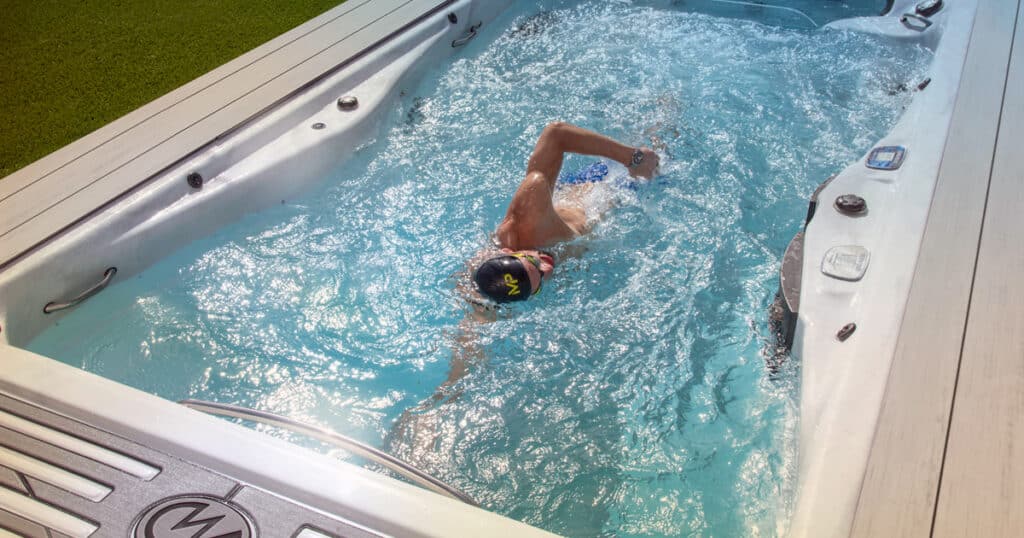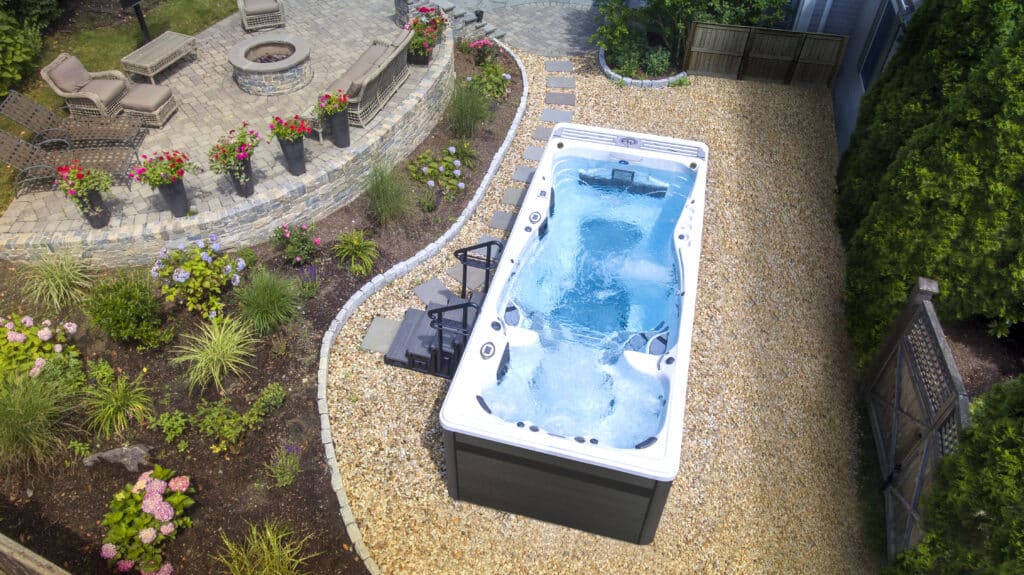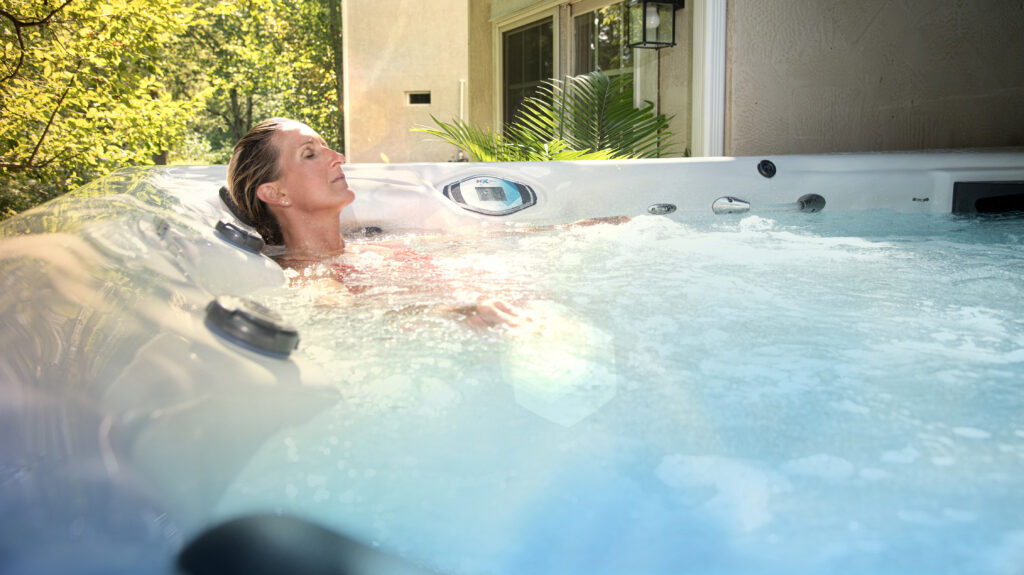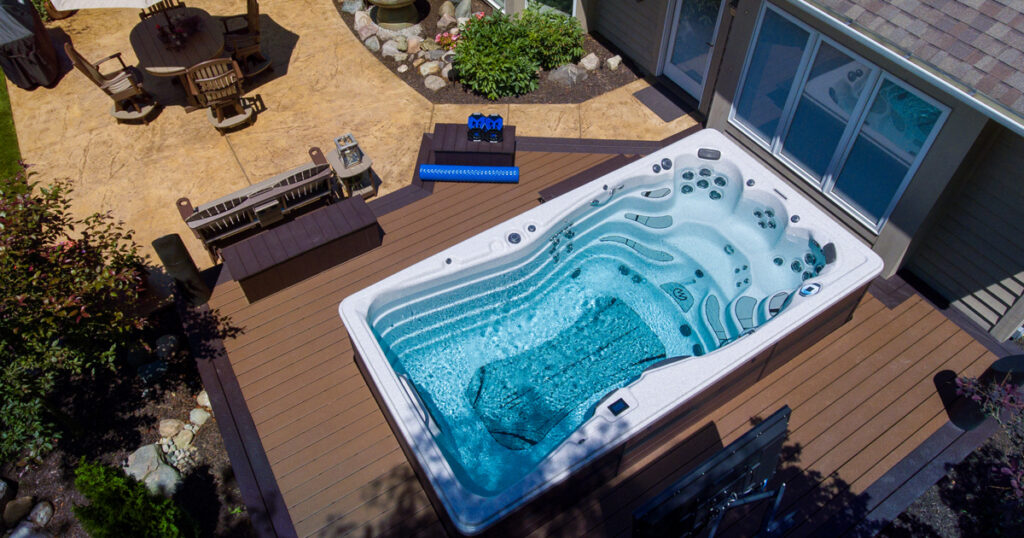Keeping healthy is important to you. You do your best to eat right, move your body, and get enough sleep. And you’re not alone. More and more Americans report that wellness is a priority. In fact, about half of people report that it’s a top priority in their day-to-day lives [source].
But we don’t always show the same consideration for our mental health, which is an integral component of overall well-being. Data show that while most people — 95 percent — recognize caring for mental health is important. But few of us are prioritizing our mental health over physical health.
It’s important, though, to find that balance. Prioritizing mental health can improve your resilience, bounce back from setbacks, and navigate life’s ups and downs.
Recognizing its significance, Mental Health Awareness Month is observed every May, aiming to normalize conversations around mental health and provide resources to support individuals in their mental well-being journey. Surprisingly, mental health conditions affect approximately 21 percent of people in the United States, making it imperative to raise awareness and promote accessible treatments and support.
Making your mental health a priority does not have to be stressful or add pressure to your daily life. Prioritizing your mental health can be as simple as practicing mindfulness, going for a swim, finding a creative outlet, or seeking support through community resources.

Swim spas and mental health
Michelle is a Master Spas swim spa owner and a mental health therapist. While she uses her swim spa for water exercise and to hang out with friends, she says it helps with her energy levels and mental wellness.
“Water has such incredible healing properties,” she says, “and general boost boosting benefits.”
In a recent survey, owners shared how a swim spa benefited their overall mental well-being. Those surveyed could select reduced stress levels, improved mood, enhanced relaxation, better sleep, and increased overall well-being.
For Michelle, her swim spa helped with reduced stress levels, enhanced relaxation, and increased overall well-being.
And she wasn’t alone.
The survey revealed that many owners reported significant benefits from their swim spas. The combination of warm water therapy, hydrotherapy jets, and the opportunity for low-impact exercise contributed to reduced stress levels, improved sleep quality, and increased overall relaxation. Swim spas can serve as a valuable tool in managing mental health and enhancing well-being.
Of the more than 200 people who responded, more than 70 percent believed a swim spa aided with stress and relaxation while enhancing well-being. Sixty-three percent said a swim spa helped with mood and more than half agreed it improved sleep.
Others added that using a swim spa can help beat the winter blues and manage aches and pains.
“Swimming in my swim spa is a total mind-body-spirit experience and helps me deal with chronic pain,” Carol said.
Master Spas swim spas combine the benefits of a pool with the therapy of a hot tub. You can use a swim spa for swimming, water exercise, and aquatic therapy. But it can also be a place to spend time with loved ones or relax on an inflatable float on a summer afternoon. There are also contoured hot tub seats with massage jets that promote relaxation and relieve tension.
“Activities like soaking in our swim spa provide relaxation and stress relief,” Kathleen shared in the survey. “I think it is important to prioritize self-care activities that support our mental health, and incorporating regular exercise and relaxation into our routines can be a great way to do so.”

Tips for prioritizing mental health
Prioritizing mental health is a proactive step that everyone should take. You don’t have to be experiencing depression or anxiety to implement these mental health-boosting strategies
Move your body
Exercise is often considered as a way to improve your physical health. However, data shows that exercise might be an often-neglected method of improving your mental well-being.
Physical activity can reduce anxiety, depression, and negative mood. In addition, it can bolster your self esteem. [source]
Scheduling time for a yoga class or a walk with a friend can be great ways to prioritize your mental well-being. But if finding time for movement causes you additional stress, it’s not going to be your best choice.
A Master Spas swim spa provides access to swimming and other forms of exercise in the convenience of your backyard. Skip trying to fit a group exercise class into your schedule and work out when your schedule allows. Plus, you can save time and avoid the stress by skipping the commute to the gym. Just walk outside and open up the cover to your swim spa.
Schedule some personal time
Maintaining a healthy work-life balance is essential for maintaining good mental habits. Taking time to invest in yourself is crucial for overall well-being. Dedicate time each week solely for yourself, whether it’s developing new skills, pursuing a hobby, reading a book, or simply indulging in activities that bring you joy and relaxation. By prioritizing personal time, you can recharge and build yourself up.
Find a creative outlet
Coloring has gone from childish to comforting in the past 10 years. Whether it’s using colored pencils to fill in an intricate mandala or artistically shading a flower scene, more and more adults have found coloring to be a creative and therapeutic outlet.
Just look at the numbers: in 2015, it was estimated that 12 million adult coloring books were sold — up from 1 million the year before. [source]
Whether it’s coloring, painting, sculpting, writing, or knitting, creative activities promote a sense of emotional well-being. They can inspire imagination, boost self-confidence, and provide joy. And according to the American Art Therapy Association, these creative efforts can foster self-awareness, cultivate resilience, enhance social skills, and reduce conflict.
Art and art therapy is very individualized. Explore different outlets and make time for those pursuits that you most enjoy.

Calm your mind
In a world filled with constant stimuli, finding a mindful activity can help calm the mind and process daily stressors. Engage in repetitive and mindless activities that allow you to unwind, preferably offline to reduce anxiety. Activities like meditation, deep breathing exercises, or engaging with nature can help you relax and find mental clarity.
Prioritize sleep
Sleep deprivation can have a significant impact on your mood and overall well-being. When you don’t get enough sleep, you are more likely to have a negative emotional response to stressors. In addition, you will struggle to feel positive emotions. You might find it harder to cope with day-to-day life or accurately perceive situations.
According to the Sleep Foundation, your mental health and sleep habits are directly intertwined. People who struggle with depression are also likely to struggle with sleep. Data show that 300 million people have depression and 75 percent of those show symptoms of insomnia.
When you have enough sleep, at least seven hours a night, you are better able to process situations and emotions. How? Sleep helps restore your brain’s synapses, consolidating the memories that were made during the day. You then have room to grow, focus, and experience life.
Get outdoors
There are 1,440 minutes a day and, according to the U.S. EPA, Americans spend all but 144 of those indoors. Many of those minutes — 420 if you want to do the math — are spent in front of a screen.
But powering down your devices and heading out your front door can help you improve your mental health.
“There is mounting evidence, from dozens and dozens of researchers, that nature has benefits for both physical and psychological human well being,” says Lisa Nisbet, a psychologist at Trent University in Ontario, Canada. “You can boost your mood just by walking in nature, even in urban nature. And the sense of connection you have with the natural world seems to contribute to happiness even when you’re not physically immersed in nature.”
Try to get outside for at least 30 minutes every day, especially on sunny days. Spending time in sunlight helps the body synthesize vitamin D, which releases endorphins and serotonin — chemicals associated with happiness and well-being.
Remember to take breaks
Life and work can be overwhelming. In fact, things can feel so busy and urgent that you work through lunch, eat at your desk, and stay late. But trying to push through a stressful situation might have a negative impact on your health.
Scientists at North Carolina State University published a study in the Journal of Applied Psychology. They found that 5-minute breaks, called microbreaks, can help you reset and recharge. Stepping away for a few minutes to stretch, meditate, or even watch puppy videos on social media can improve your focus and help you feel less tired at the end of the day.
But these breaks aren’t beneficial just in the workplace. You can incorporate these microbreaks at home to improve your mental health. Consider sitting outside for a few minutes before starting dinner. Alternately, allow yourself a few minutes to enjoy the hydrotherapy of a Master Spas swim spa before washing dishes or starting the bedtime routine with your children.
Mental Health Awareness Month serves as a reminder to prioritize our mental well-being and seek the support we need. By implementing these strategies, such as incorporating movement and calming your mind, you can significantly improve your mental health. Remember, mental health is a journey, and seeking help and utilizing available resources are signs of strength and self-care.

How to buy a swim spa
Do you want to be able to swim, exercise, and relax at home? Having a Master Spas swim spa allows you to swim on your schedule while adding a fun factor to your backyard. You can click here to find out more about the benefits of hydrotherapy and relaxing in a hot tub. Or, contact your local Master Spas retailer to learn more about swim spa ownership. Wondering how much a swim spa costs? You can request a quote here.


